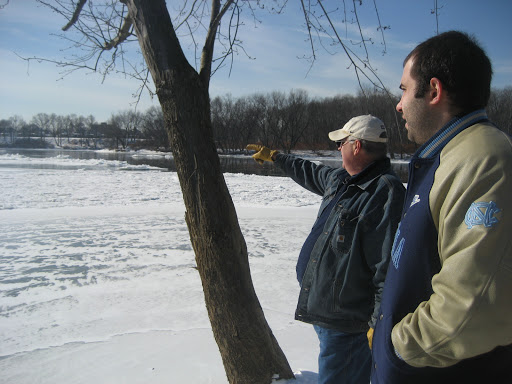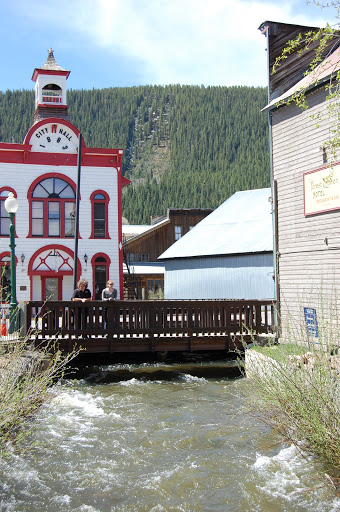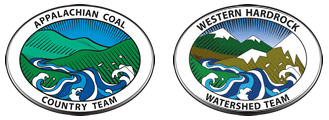Based on the work of
Crooked Creek Watershed Association
Western Pennsylvania
For over 25 years, Crooked Creek Watershed Association (CrCWA) has been celebrating the assets of the watershed with its members by hosting an annual “Fish Fry” picnic. Originally, CrCWA depended on fish caught by members and local fishermen to feed the event, but in recent years have turned to purchasing fish due to the growing popularity of catch-and-release angling. The event, which also features a canoe/kayak raffle, is a great way to raise money and open the doors to new community members.

Tested by
Lackawanna River Corridor Association
Northeast Pennsylvania
Lackawanna River Corridor Association (LRCA) wanted to recruit volunteers on a more personal level, so they decided to host a fish fry to entice residents to participate in the organization. They anticipated that the event would enable them to raise money, introduce the recreational aspects of the river and spread awareness throughout the community about local environmental issues. LRCA had a slow start with difficulty engaging a committee to organize a fish fry event. They planned to hold the event at a location in a community near the river, but were unable to secure such a location. With these setbacks, LRCA ultimately decided to host a bus tour of the watershed. It enabled LRCA to achieve the goals of the fish fry–conduct community outreach, recruit volunteers and fundraise–while staying within their time and resource limits. The tour allowed participants to experience local areas of interest and LRCA-implemented projects along the Lackawanna River. LRCA provided lunch at Mellow Park and conducted a demonstration of water sampling and explained how the health of the river is determined. The challenges of this trial practice involved complications in planning the original fish fry event, such as soliciting donations and recruiting dedicated volunteers to plan the event. Despite these setbacks, LRCA was able to transform this trial practice into a useful and feasible event.
Tested by
Coal Creek Watershed Coalition
Western Colorado
Coal Creek Watershed Coalition (CCWC) was looking for a way to share their work in the community—along with thanking members and volunteers, raising money and recruiting new volunteers. CCWC hoped to educate a wider audience about the condition of the Coal Creek Watershed, the benefits of its remediation, and CCWC’s work. A fish fry would also be an opportunity to celebrate their work as an organization and thank their existing volunteer base. This event was CCWC’s first fundraiser and first volunteer appreciation event. CCWC decided to serve local organic beef instead of fish because of the large role ranching plays in the community and the late availability of salmon harvested by a local fish hatchery. To maintain a link between the meal and the river, CCWC added a Dutch Oven cook-off, which many river recreationalists enjoy when cooking meals on raft trips. Approximately 40 guests attended despite the rainy weather. Event activities included two Dutch Oven competitors and a discussion with a local historian and author about the historical impact of mining on the Crested Butte community. CCWC raised about $700 from donations and the silent auction. This trial practice provided a great basis for an annual fundraising cookout, generating a new activity for the community to look forward to every year.

“Ideally the fish fry will become an annual fundraiser and celebration for the CCWC. We hope that the planning process will give us relationships and strategies for event planning and fundraising that will be helpful in the future.”
– Coal Creek Watershed Coalition
